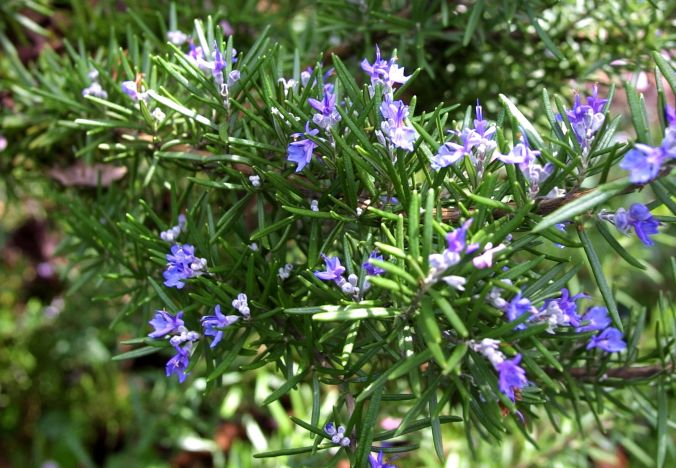For three days I’ve been living under the lip of the famous Ngorongoro Crater. From the Oldeani Coffee Farm, we look up across a deep valley to the edge of the Crater. The Crater is in a heavily guarded wildlife preserve. Many of the 150 people who live on the farm have never been to the Crater. It’s reserved for those who can spend 500 US Dollars per vehicle and $100 per person. Mainly well-heeled foreigners can afford to visit. Tanzanians and poor foreigners just look longingly at it from outside.
Two of those poor foreigners are German girls living here at the farm and working for a year at the kindergarten. They just graduated from college and are taking a year in Africa to volunteer. About halfway through their stint, speak fluent Swahili and dress like Tanzanians—long skirts which reach the floor and blouses which reach the collar bone.
They’ve explored every nook and cranny near the Guest House to find the best phone reception. One is just outside the gate between the coffee trees. It’s under a sign saying that these trees were planted in1927-28 by an Otto Koerner from Germany. He was one of the many European farmers who discovered these “Northern Highlands” were great places to live and farm.
The temperatures here stays around 70. It might rarely get down to 60 or up to 90, but that will soon pass and the temperature will be perfect again. We’ve had thunderstorms nearly every afternoon. The locals say the “long rains” have started. These will really intensify in March and last till June enabling the farmers to get a good crop of corn and the coffee bushes to set nice plump berries.
July, August and September are the coolest months here and dry. That’s fine for coffee. Plenty of sunny weather that’s not too hot means the farmers can spread the coffee beans outside on screens and let it slowly and naturally dry.
I’m here to help reinvigorate this coffee farm. We want to market their coffee directly rather than having it mixed with lower grade coffees. Don’t be surprised if you see Oldeani Mountain Coffee for sale soon. You’ll want to buy some. Not only because the beans are treated perfectly but because of the community which treats them.
The farm is managed by three Brothers from a local Catholic order. They don’t take any salary, but seem to be filled with peace and joy. They have developed a variety of enterprises on the farm which provide nearly everything the farm workers need. The farm has enough milk cows to provide milk for 150 people and enough sows to provide pigs for the farm’s families to raise for meat. The farm provides a mill to grind corn flour to make the nsima (somewhat like fine grits) that everyone eats every day.
At the Guest House, all our food is raised on the farm, except for rice from the hotter lowlands. For those of us who haven’t acquired the taste for nsima, there are plenty of potatoes. For breakfast, the German girls especially like “American cake.” It is dollops of doughnut batter slightly sweetened and slightly fried. How it got its name or the recipe arrived here are lost in the history of Oldeani Farm.
Breakfast is preceded by the fascinating and ever-varying calls of African birds. My favorite is the “Go Away” bird which says just that to anyone coming to an East African wildlife area. The others say all sorts of things, but not in English. One thing they all say in common: it’s time to get up and go get coffee.
Except it won’t be American coffee. It will be very strong and always drunk with hot milk. East Africans (who grew the first coffee) can’t understand why anyone would pour cold milk into hot coffee. They also like sugar in their coffee and can’t understand why we don’t.
If you ever want to see the wildlife of Africa, Ngorongoro Crater if the best place to do it. And the best place to stay on your visit is the Oldeani Coffee Farm. Soon you’ll be able to at least taste Oldeani coffee, even if you can’t come here. That is, if I get back to work and help this community achieve its dreams.
